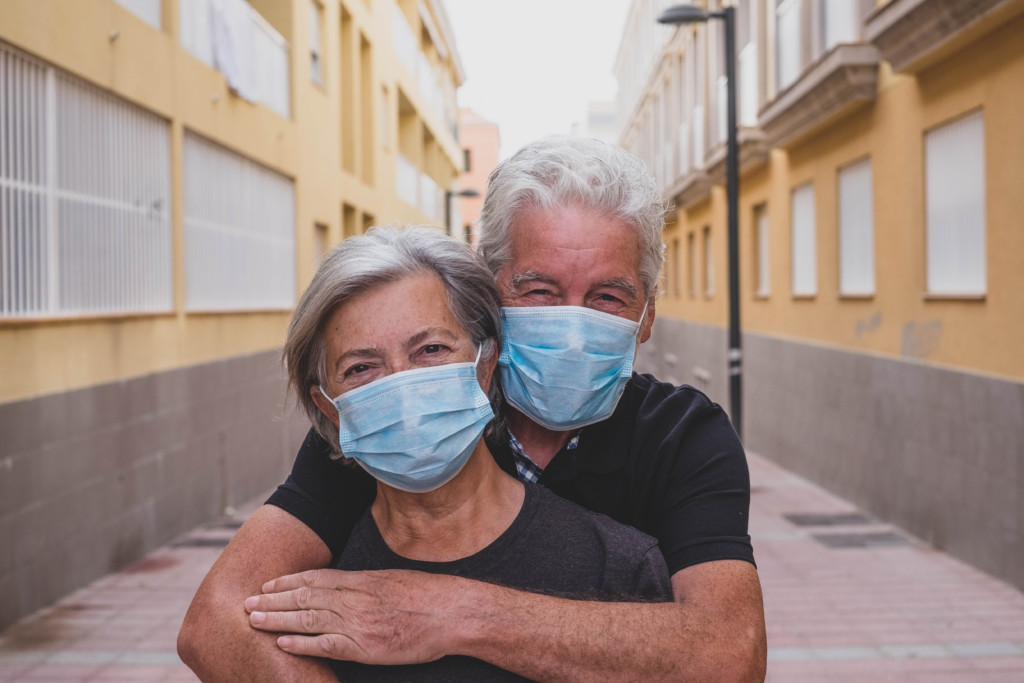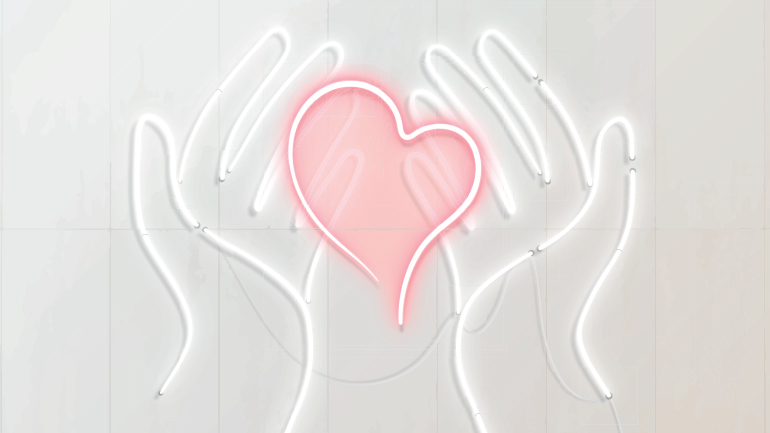Many of my patients are women with heart disease. They report that healthcare workers have made them feel guilty when they called 911, since their chest pain was most likely not due to a heart attack.
While COVID-19 heightens the need for emergency response, the reticence for some to call for help is heightened by stigma, but ill-advised.
As a cardiologist for 30 years at Rush University Medical Center, medical director of the Rush Heart Center for Women, and Governor Elect of Illinois American College of Cardiology, I have treated thousands of patients, but never at a time of a global pandemic.
As in-person patient visits switched to phone calls and televisits, most of my patients say they are worried and frightened to get the virus and feel comforted by the shelter in place mandate to lessen the chance of getting the virus.
Many of my patients say they were disappointed not to have in-person patient care; they were looking forward to a cheerful greeting and a long hug after a visit. Nevertheless, they said it was comforting to know I was healthy and could still take care of them.
I emphasized the importance of continuing their medications but that if they are having symptoms of a heart attack or stroke, it is imperative that they call 911. Women with heart disease worry that they will not be taken seriously since heart disease in women can have a different presentation and pathophysiology.

A recent study from Hong Kong shows that patients with symptoms of a heart attack delayed the call for emergency help because they were afraid of getting infected with COVID-19 at the hospital. Yet it is the delay in calling for help that could be fatal, not the virus.
This delay may lead to worse outcomes since time is crucial to open up the heart or brain artery that is causing the heart attack or stroke. Time is essential to saving heart muscle and brain tissue.
Research shows that women– more frequently than men- delayed calling 911 because they were told that men get heart disease more than women do. The women relegated their symptoms to indigestion, muscle aches or anything but a heart attack.
From 1984 to 2000 there were more women dying of heart disease than men partly because healthcare providers gave women hormone replacement therapy to lower their cholesterol and told them that women had less heart disease than men did.
In 2002, the results of the landmark Women’s Health Initiative revealed that hormone replacement therapy increased strokes, heart attacks and breast cancer. As a result, instead of the hormone therapy, statins, the lipid lowering medications, were used to treat women. This was associated with a rapid decline in deaths from cardiovascular disease in from 2000 to 2013. However, the most recent data from 2017 reveals that heart disease is still the leading cause of deaths in women, killing 299,578, about one in every five female deaths.
Recent reports in Italy show that mortality from COVID-19 is twice as high in men compared to women affected by COVID-19. Globally, no sex differences were found in patients who get infected but the mortality is higher in men compared to women.
Possible reasons are that men have a higher prevalence of smoking and more heart disease compared to women. Another possible explanation is that the immune response genes are encoded in the X chromosome which women have two copies of.
I worry that when people are told that men have a higher mortality than women with COVID-19 that women with COVID-19 will not be as aggressively treated as men for heart and lung complications. This potentially gender-driven bias in taking care of men and women with COVID-19 can lead to an increased mortality because they were not treated as aggressively, reminiscent of heart disease treatment of women.
Being afraid of getting infected with COVID-19 in the ambulance or the hospital would set back efforts to encourage women and men to call 911.
Although news is constant and necessary about the dangers of COVID-19, the number one killer of Americans, for both men and women is still cardiovascular disease.
It’s understandable to be anxious about calling 911 during the pandemic, but the consequences of delaying the treatment for a heart attack and stroke can be far more dangerous.
More from Better:
28 Simple Ways to Improve Your Heart Health
The Power of Pretend: Chicago Mom’s Free Children’s Book Takes Kids On An Adventure at Home
Love and Longing During COVID-19: Coping With the Emotional Toll of Social Distancing
 Annabelle Santos Volgman, MD is the McMullan-Eybel Endowed Professor of Cardiology at Rush University and Medical Director of the Rush Heart Center for Women. She is the governor-elect of the Illinois American College of Cardiology. She is a Public Voices Fellow with The OpEd Project. Follow her on twitter @avolgman.
Annabelle Santos Volgman, MD is the McMullan-Eybel Endowed Professor of Cardiology at Rush University and Medical Director of the Rush Heart Center for Women. She is the governor-elect of the Illinois American College of Cardiology. She is a Public Voices Fellow with The OpEd Project. Follow her on twitter @avolgman.

